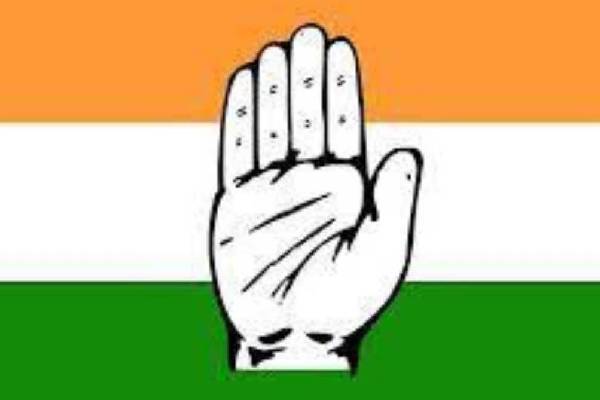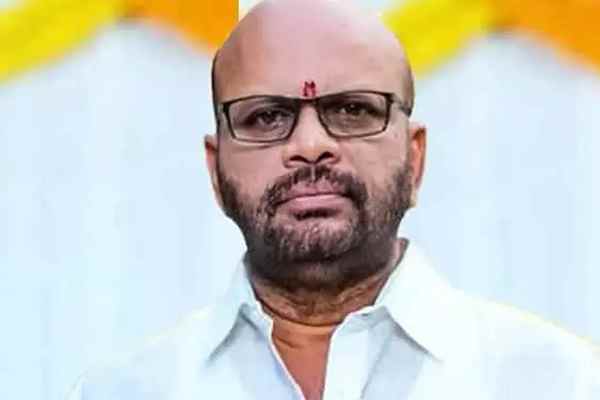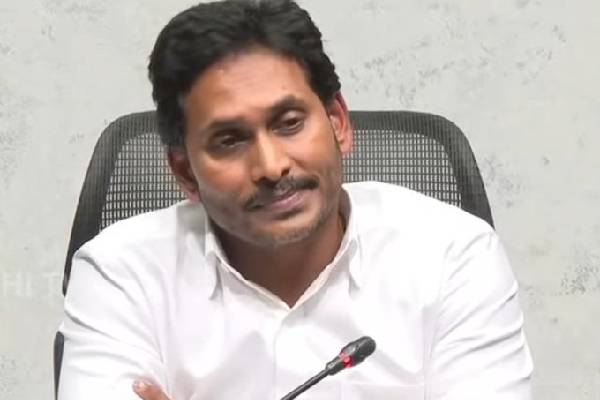The 2024 Andhra Pradesh assembly elections have resulted in a dramatic decline for the YSR Congress Party (YSRCP), which dropped from 151 seats in 2019 to a mere 10 seats. This sharp fall requires an in-depth analysis of the factors that contributed to such an outcome.
Jagan’s Vendetta politics and Social Engineering by TDP, JSP, and BJP Alliance
Chief Minister Jagan Mohan Reddy’s perceived arrogance alienated many voters. His targeted actions against specific castes and businesspeople, along with his lack of public engagement over the past five years, fostered a sense of disconnect. This perceived elitism and selective targeting created resentment among various communities. This is the top reason for his debacle.
A significant factor in YSRCP’s decline was the strategic social engineering by the TDP-JSP-BJP alliance. Chandrababu Naidu’s astute formation of this alliance successfully consolidated anti-incumbency votes. Had it not been for these vendetta politics, opposition parties would not have united to fight with Jagan.
Abrasive Leaders and Their Impact
The abrasive rhetoric of several YSRCP leaders, including Ambati Rambabu, Roja, and Kodali Nani, further tarnished the party’s image. Their frequent use of abusive language against opposition leaders alienated many voters. Such comments not only diminished the party’s decorum but also drove a wedge between YSRCP and crucial voter segments.
Voter Discontent and Economic Issues
Widespread voter discontent was a primary reason for YSRCP’s disastrous performance. Various sections of the electorate, including government employees, unemployed youth, and marginalized communities, expressed dissatisfaction with the YSRCP government. Promised development projects, like the Polavaram project, remained incomplete, leading to frustration among those who had high expectations from Jagan’s administration.
Unemployment
High unemployment rates further eroded YSRCP’s support base. Despite promises of job creation, many young voters found themselves without adequate employment opportunities. This failure to deliver on economic promises significantly impacted voter sentiment, driving many to seek alternatives that could potentially address their economic concerns more effectively.
Employee Dissatisfaction
Government employees, who form a significant voting bloc, showed substantial discontent towards the ruling party. Reports indicated that 70% of these employees voted against YSRCP in postal ballots. Issues such as delayed salaries contributed to this widespread dissatisfaction.
Alcohol Policy and Public Sentiment
The YSRCP government’s stringent alcohol policies, intended to curb consumption, backfired. The policy alienated a significant portion of voters who viewed it as an overreach into their personal lives. The discontent among alcohol consumers, and the opinion that Jagan amassing lakhs of crores of rupees through this policy, added to the negative sentiment against the party.
The YSR Congress Party’s dramatic decline from 151 seats in 2019 to just 10 seats in 2024 underscores the consequences of unmet promises, economic stagnation, strategic miscalculations, and poor leadership practices. We need to wait and see how will be the future of YSRCP.

































